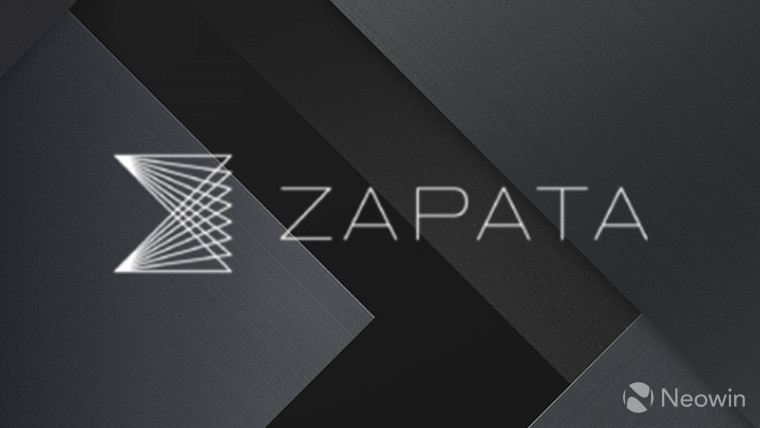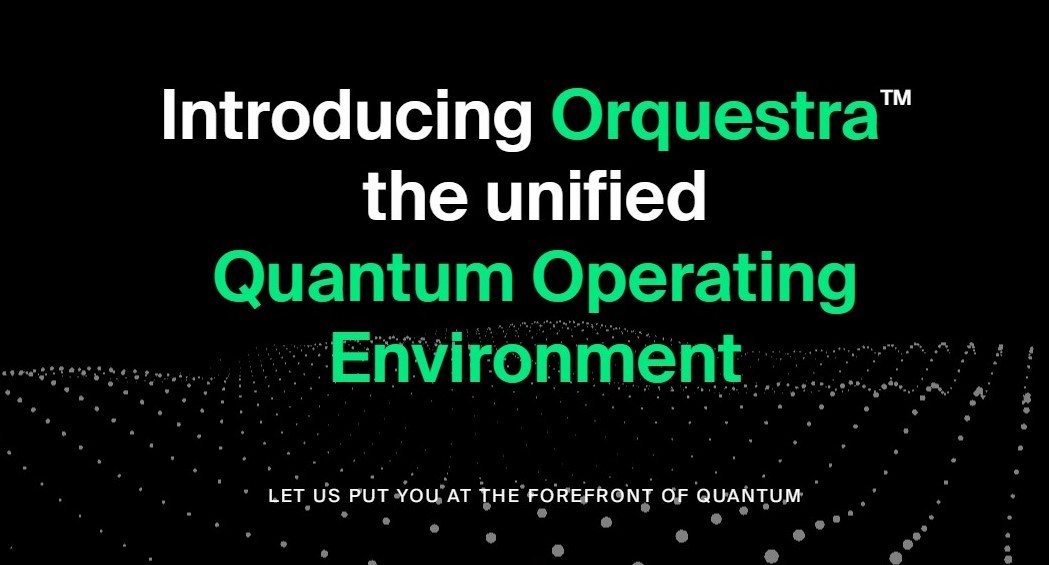
Zapata, a firm whose primary focus is on quantum computing and software, launched early access to Orquestra today. Orquestra, dubbed as a novel end-to-end, unified Quantum Operating Environment (QOE), is meant for designing, manipulating, optimizing, and running quantum circuits. These quantum circuits are then generalized to run across different quantum computers, simulators, and HPC resources.
Orquestra enables advanced technology, R&D and academic teams to accelerate
quantum solutions for complex computational problems in optimization, machine
learning and simulation across a variety of industries.
Some of the noteworthy features of Orquestra are as follows. First, it provides an extensive library supplying optimized open-source (VQE, QAOA) and proprietary (VQF) algorithms. The environment allows users to combine modules written in different libraries, some of which include Cirq, Qiskit, PennyLane and PyQuil.
In addition, it also offers hardware-interoperable layering and is the only quantum platform that goes beyond hardware-agnostic capabilities. This allows users to compare various devices in the context of particular computational problems and benchmark how workflows perform across them.
Users can also submit these workflows to the Orquestra Quantum Engine (OQE) servers with command-line tools and orchestrate workflow tasks across a variety of backends that include gate model devices, quantum annealers, quantum simulators, and HPC resources. Automated
parallelization through container orchestration and management of complex records is offered as well.
Orquestra is currently in early-access and is aimed at users with backgrounds in software engineering, machine learning, physics, computational chemistry or quantum information theory. To be a part of the program, and request further information, you can send an e-mail to Zapata.

















